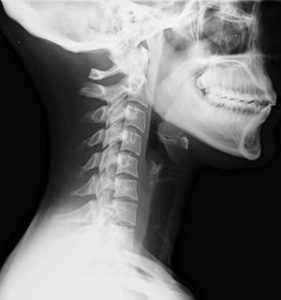 Hospital Negligence Attorneys, DE
Hospital Negligence Attorneys, DE
If you, or a loved one, are sick or experiencing a medical emergency and require medical attention it is assumed that you will be properly treated, cared for and diagnosed. While this is typically the case there are situations when a doctor, physician assistant, nurse or other healthcare provider can overlook relevant information or fail to take action and ultimately make a mistake. This can often times result in harm to you and result in significant complications, pain, suffering as well as injury. Do not wait to contact our Delaware medical malpractice attorneys and Maryland medical negligence lawyers for a free case review.
Medical Negligence Attorneys Serving Delaware
If you have been hurt or inured while under the care of a medical professional please call Shelsby & Leoni, P.A. in Wilmington, Delaware. They are skilled Delaware Trial Lawyers with many years combined experience in handling hospital, healthcare proveder and doctor malpractice claims in Delaware, Maryland and Washington D.C. Please call them at 302-995-6210.
Common Hospital Negligence Complications
- Infections
- Bed Sores
- Dehydration
- Food Poisoning/Malnutrition
- Lack of Patient Supervision
- Medication Errors
- Surgical/Anesthesia Errors
- Wrongful Death
Delaware and Maryland Hospital Negligence Injuries
There are a variety of different injuries that can be sustained while under the care of a medical professional and their staff. Many are minor and inconsequential such as soft tissue injuries i.e. cuts, scrapes, bruising and discoloration. Others can be the result of the patient not being properly tended to or supervised, falling, or rolling out of bed. Some more severe injuries are nerve tissue damage, Central Nervous System injuries i.e. head, neck and spinal cord injuries and other catastrophic injuries. If one is the victim of a surgical error the injury may be life altering or life threatening in the form of paralysis, loss of use or accidental death.
Our medical negligence attorneys have handled hospital malpractice lawsuits against facilities of all sizes including Christiana Care, TidalHealth, Beebe Hospital, Bayhealth, Union Hospital, University of Maryland Medical Centers, John’s Hopkins Institutions, Suburban Hospital, Manor Care, George Washington Hospital, George Mason University, Towson University, Georgetown University and others in DE, MD and Washington DC.
Let Our Delaware Medical Malpractice Lawyers Help You
The Wilmington, Delaware Medical Negligence Lawyers at Shelsby & Leoni, P.A. will get you the financial compensation and necessary medical benefits for your injuries. To determine the true value of your claim they will consider factors such as: lost wages, pain & suffering, diminished quality of life, loss of use, current and future medical benefits, medication costs and therapy bills.
Please call the Delaware and Maryland Hospital Negligence Attorneys at Shelsby & Leoni, P.A. if you, or a loved one, have been hurt, mistreated or injured while under the care of a hospital, doctor or other medical professional. Shelsby & Leoni, P.A. can be reached at 302-995-6210. You may also email a Maryland and Delaware Hospital Negligence Lawyer by clicking here.
Contact Shelsby & Leoni if you’ve been the victim of hospital negligence in Wilmington, Newark, Dover, Georgetown, Elkton, Salisbury, Rockville, Baltimore, Bel Air, Annapolis, Upper Marlboro, Towson, Waldorf or Washington DC.
